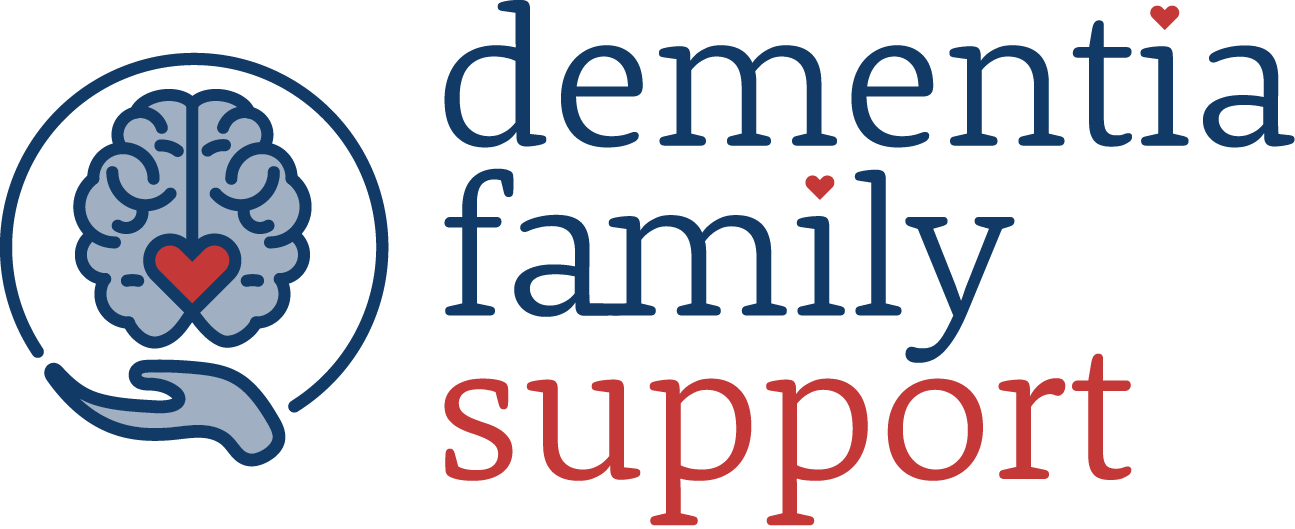As we age, many of us experience changes in memory, thinking, and learning abilities. These changes are often seen as a natural part of the aging process, but it’s essential to distinguish between what is considered normal aging and what may indicate a more serious underlying issue, such as cognitive decline or a neurodegenerative disease. Understanding the difference can help individuals seek timely interventions and support, improving their quality of life and overall health.
Normal Aging and Cognitive Changes
Normal aging involves gradual changes in cognitive function, which can affect memory, processing speed, attention, and problem-solving skills. These changes are typically mild and do not significantly interfere with daily life or functioning.
Key Characteristics of Normal Aging:
- Mild Forgetfulness: It’s common to forget names, dates, or where you placed your keys. However, these moments of forgetfulness tend to be temporary and are usually resolved with a little time or reminder.
- Slower Processing Speed: As we age, it may take a bit longer to process information or to recall certain facts. But, with attention and effort, the information is typically accessible.
- Reduced Multitasking Ability: Aging can make it harder to juggle multiple tasks at once. You may find yourself needing to focus on one thing at a time for better results.
- Difficulty with New Learning: While lifelong learning is possible, older adults may take longer to acquire new skills or information. However, they usually retain the ability to apply their accumulated knowledge and experience.
These age-related cognitive changes are usually not severe enough to hinder daily activities, and people can typically adapt to these changes by relying on compensatory strategies, such as writing things down or making lists.
When Cognitive Decline Goes Beyond Normal Aging
While normal aging results in mild cognitive changes, more severe memory loss, confusion, and cognitive dysfunction are not part of the typical aging process. These signs may suggest a cognitive disorder or even a neurodegenerative condition, such as Alzheimer’s disease, vascular dementia, or other types of dementia.
Warning Signs of Not Normal Aging:
- Significant Memory Loss: Forgetting important information, like appointments or the names of close family members, repeatedly, or having trouble recognizing familiar places, can be a sign of something more serious.
- Difficulty with Communication: Struggling to find the right words or following conversations, even in familiar contexts, can be indicative of cognitive decline. A person might forget common words or use wrong ones in sentences.
- Poor Judgment or Decision-Making: A marked decline in judgment, such as showing poor financial decisions or neglecting personal hygiene, could point to an underlying issue.
- Disorientation and Confusion: Getting lost in familiar environments, becoming disoriented in time, or experiencing confusion about one’s surroundings can be signs of cognitive decline.
- Withdrawal from Social Activities: Individuals may start to withdraw from social engagements or avoid tasks they used to enjoy due to a loss of confidence in their cognitive abilities or the fear of embarrassment.
- Personality or Mood Changes: Significant changes in mood, including increased irritability, anxiety, or depression, may also accompany cognitive decline, especially in conditions like dementia.
Seeking Help and Treatment
If you or someone you know is experiencing cognitive changes that go beyond normal aging, it’s essential to consult a healthcare professional. Early diagnosis and intervention can help manage symptoms, slow progression, and improve quality of life.
Medical professionals may recommend cognitive testing, brain imaging, and lab tests to evaluate memory and cognitive function. In some cases, medications or lifestyle changes—such as improving diet, exercising the brain with cognitive tasks, or managing underlying conditions (e.g., high blood pressure)—can make a significant difference.
Conclusion
Normal aging involves mild cognitive changes that don’t interfere significantly with day-to-day life, while more severe cognitive decline may signal a health issue. Recognizing the differences between normal aging and abnormal cognitive decline is crucial to ensuring early detection, timely intervention, and maintaining independence for as long as possible. If cognitive changes begin to interfere with daily life, seeking professional evaluation is essential for optimal care and well-being.
Staying mentally active, socially engaged, and physically healthy can help maintain cognitive function as we age, but awareness and action are key to addressing potential concerns early.




